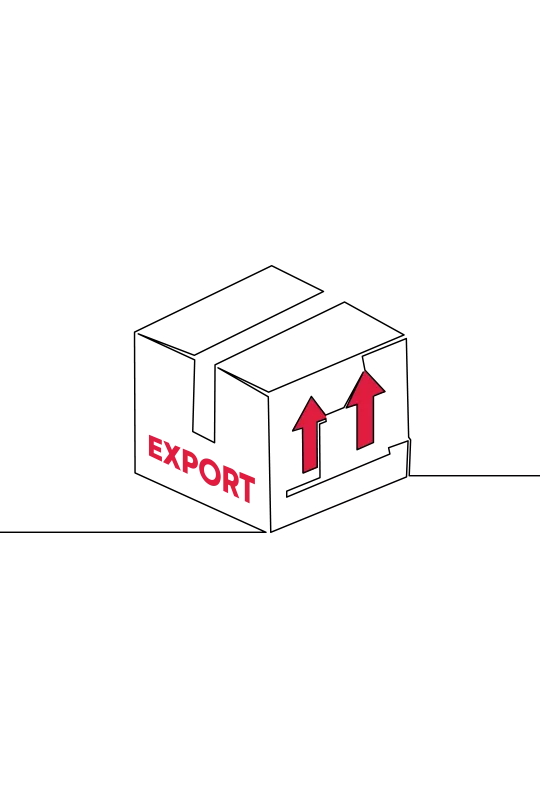Customs Duty is a tax imposed on imports and exports of goods. The rates of customs duties are either specific or on an valorem basis, that is, it is based on the value of goods.
The basics:
- Customs Duties apply to goods imported into the European Community (EC). There are no Customs Duties on services.
- Once goods are inside the EC there are no further Customs Duties if the goods are moved between EC members.
- Excise Duties are charged on the movement of Alcohol, Tobacco and Fuel Oils between EC members.
- Customs Duties are payable by whoever “declares the goods”, that is the person or business whose name is on the import paperwork.
- Any commercial importer will need an EORI registration number (Economic Operator Registration and Identification), before they can import goods.
- Duty is payable at the point of entry into the EC, and Customs Officers will hold goods until the duty is paid, so the method of payment should be arranged with the shipping agent in advance.
- Import VAT is often also due on imported goods and this is payable on the duty inclusive price. VAT registered businesses should be able to recover their import VAT, as long as they keep the right paperwork – namely the C79 documents.
Valuation for Customs purposes:
Customs Duty is an ad valorem tax. This means that it is based on a % of the value of the goods, therefore the valuation is important.
There are a number of acceptable methods of valuation, which should be considered in the following order. The first suitable method that applies to that particular business being the correct one to use:
- Transaction value – based on the price paid upon first sale for export into the EC.
- Value of identical goods – if method 1 cannot be used then the price paid for identical goods can be used.
- Value of similar goods – as above.
- Deductive method – working backwards from the final EC sales price to reach a notional frontier price.
- Computed value method – working from the production cost, on a cost plus basis to arrive at a notional frontier price.
- “Fall back method” – the “if all else fails option”, any reasonable method can be used if none of the above are possible.



